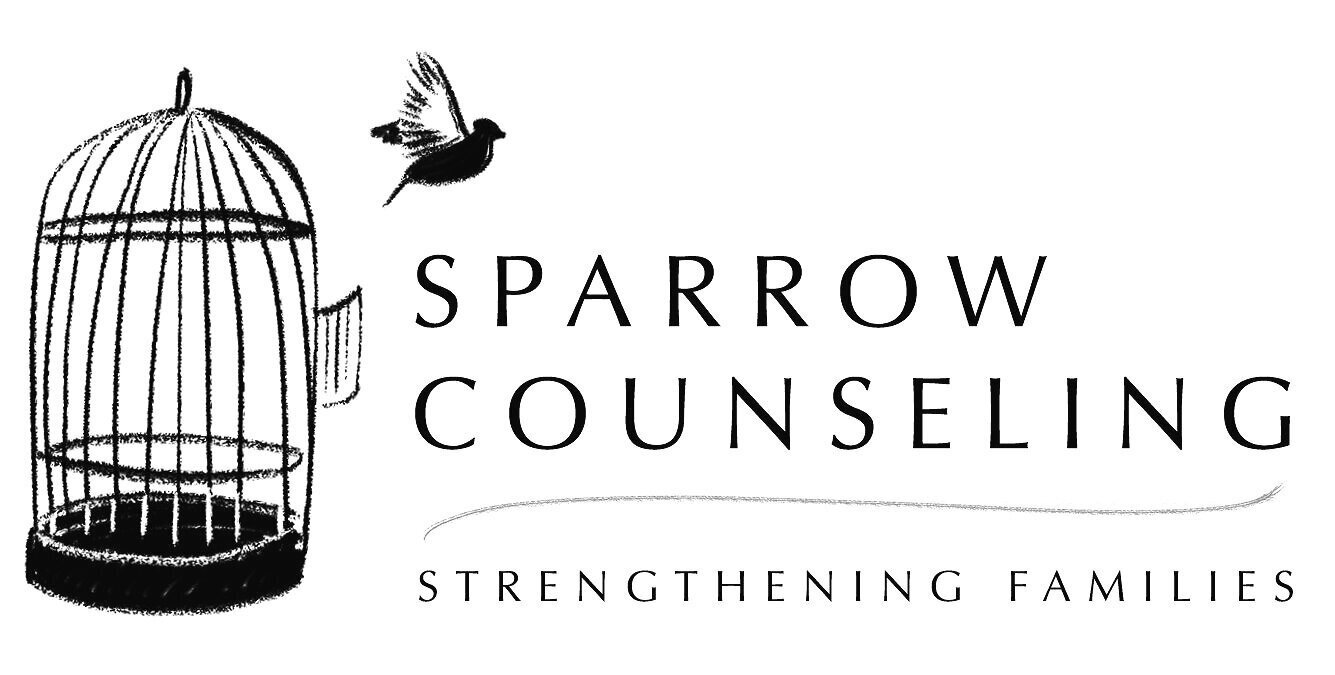I recently attended the Alabama Counselors Association Conference 2016 and put together this list of resources for counselors to help them better serve families of divorce. Most of these resources are specific to school counselors but not all of them are. I hope you will find these resources helpful!
Read MorePerspective in our circumstances is everything, especially in coparenting. For the custodial and non-custodial parent each position comes with its unique challenges and often times we can only see our perspective. However, having knowledge of the other's perspective can help change our perspective.
Read MoreThe temptation in coparenting is to believe that the grass is always greener on the other side and all the crap is in YOUR part of the pasture. The reality is that coparenting is hard on either side of the fence as a custodial or non-custodial parent. A custodial parent has the most physical time with the child and cares for the child in regard to the day-to-day decisions. A non-custodial parent is one who does not have primary physical custody but can still have legal rights and should play an important part in their life.
Read MoreCoparenting Counseling will not heal the pain and hurt YOU FEEL from your divorce. You will need to do your own recovery and therapy for that to happen (and I hope that you do!), but Coparenting Counseling can be helpful in building a new relationship with your coparent. For kids of divorce, they have enough pain to deal with just getting over their family ending. Adding constant fighting to that pain is just not fair. For their sake, I urge you to get help if you need it, so your kids learn that divorce is NOT the final word to their family, as they knew it. There is hope for a new future and while their parents are no longer married they can get along, so everyone can move forward and have a better future.
Read MoreMediation occurs when a divorcing couple and usually their attorneys come to the table with a mediator to help resolve any disputes they have regarding their divorce. It is non-adversarial conversation. The divorce mediator is usually an attorney or mental health professional. The mediator's role is to facilitate a discussion. A mediator is not a judge. They do not make any decisions, instead they help the parties involved talk about the issues calmly and negotiate a mutually acceptable agreement.
Read MoreI can ask any one of my younger clients about the day they found out about their parent's divorce and they can recall the most bizarre details. Often they remember what they are wearing, what they were doing right before they were told, where they sat when they were told, and the exact date and time. Let’s just say THIS moment will be a monumental day in their lives. One they will never forget. Why? Because it is traumatic for kids and marks the end of their family as they knew it. It is important to be mindful of that. Therefore, do not plan to tell them around holidays, birthdays, or special times to forever tarnish those days. Try and pick a pretty obscure day
Read MoreCurrently, technology plays a pivotal role in how one's co-parenting relationship is played out. Unfortunately, some couples have used it as a means of destruction to destroy each other and publicly display "their dirty laundry". This does not encourage a co-parenting relationship. Using technology to hurt your former spouse only ends up hurting your children...and yourself.
Read MoreCoparenting could be a new word for you, especially if you just entered the divorce world. It is a critical word if you have children of divorce. Divorced parents that have a successful coparenting relationship often find that their divorce has a smaller impact on their children than those divorces with high conflict. But if you are getting a divorce you will want to know what coparenting is and what it is not.
Read More








